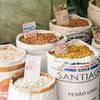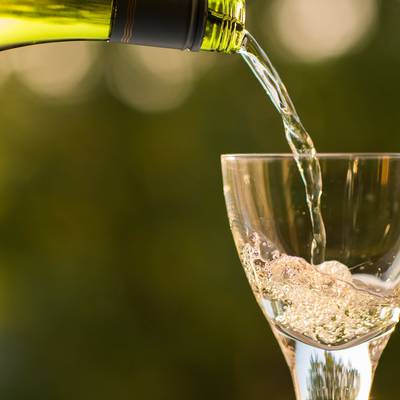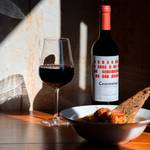General
Transport
People
Accomodation
Food & Drink
 What is the local food like in Portugal?
What is the local food like in Portugal?
 How much does the food cost?
How much does the food cost?
 What are some places to eat?
What are some places to eat?
 What local dishes to try in Portugal?
What local dishes to try in Portugal?
 What can I eat in Portugal as a vegetarian?
What can I eat in Portugal as a vegetarian?
 Can I drink tap water in Portugal?
Can I drink tap water in Portugal?
 What soft drinks are available?
What soft drinks are available?
 Is there a coffee and tea culture in Portugal?
Is there a coffee and tea culture in Portugal?
 What are the restrictions regarding alcohol consumption?
What are the restrictions regarding alcohol consumption?
 Where to buy alcohol in Portugal and how much does it cost?
Where to buy alcohol in Portugal and how much does it cost?
Sightseeing
Legal
Money
Safety & Health
Family travel

What alcoholic drinks to try while in Portugal?
Ginjinha. The sweet liquor prepared using sour cherries is a traditional Portuguese drink, which has been consumed for more than 200 years in the country and is still the favorite drink of the natives. It is available in every cafe and bar in the country and normally served in shots and in chocolate cups in Obidos festivals.
Port. The very much local drink, port is a mixture of wine with strong alcohol, which was initially made for long voyages by Portuguese. Later, after the British invasion, port became one of the most exported drinks for its refined taste. Even today, the sweet, strong alcoholic drink is quite popular during parties and dinners, but be careful not to overdo the drink because it is strongly alcoholic.
Vinho Verde. A wine exclusive to Portugal is vinho verde or "green wine". This fresh, fruity wine hails from a demarcated region in northwest Portugal bordered by the Minho River. White vinho verde is most common, but despite the apparent oxymoron, it's also available as red and rosé.
Licor Beirão. This traditional Portuguese drink with an alcohol by volume of 22% is what you can call a global drink. While it’s made with a recipe considered to be trade secret, ingredients are sourced from different parts of the world, including Brazil and Malaysia. Licor Beirão is made in the village of Lousa with several herbs, plants, and seeds through a double distillation process. It’s common to find locals consuming the drink as a digestive, with ice, or just the way it is.
Medronho. Medronho (Aguardente de Medronhos) is a spirit that’s made from Medronho berries, which grow wild throughout Portugal especially in the Algarve and Altentejo regions. While you can buy it in supermarkets, a lot of people in Portugal make Medronho at home or buy it from somebody who makes it at home. The supermarket Medronhos typically have around 40% alcohol, similar to vodka or whisky, but the homepage varieties can be a lot more potent.

Am I expected to tip in Portugal?

What are the restrictions regarding alcohol consumption?

Where to buy alcohol in Portugal and how much does it cost?

How do I use ATMs in Portugal?

What is the best time to visit Portugal?
